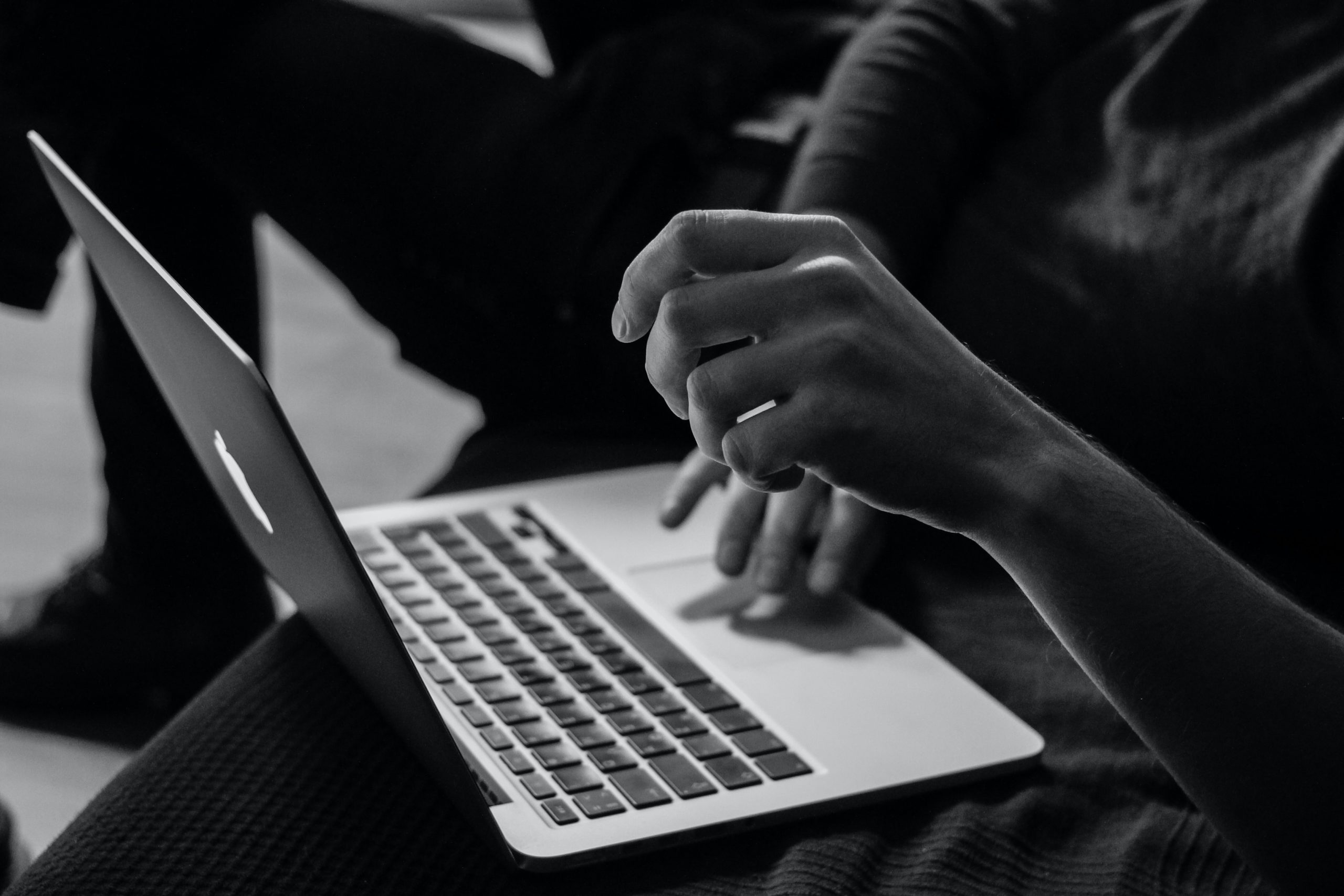
In a contribution to the UN, organizations highlight the impacts of online violence against women on freedom of speech
The document sent by InternetLab and IT for Change also points out the challenges faced by girls and non-binary people on the internet.
The Special Rapporteur on the Promotion and Protection of Freedom of Opinion and Expression has launched a public call in order to receive subsidies to the report about gender justice and freedom of speech that will be presented by Irene Khan, the Special Rapporteur, on the 76th session of the UN General Assembly.
InternetLab and IT for Change sent a contribution detailing the challenges faced by girls, women and non-binary people on the internet in Brazil and India. Both institutions have worked together since 2018 in a project financed by the International Development Research Center (IDRC) about the propagation of sexist speech in their respective countries.
The contribution is based on the assumption that normalization of sexism and misogyny on the internet hinders women and non-binary individuals around the world to significantly exercise their right to freedom of speech, an essential precondition to the right of egalitarian public participation. The COVID-19 pandemic has exacerbated this problem: according to a research developed by Mythos Labs to UN’s Regional Office for Asia and the Pacific, there has been a daunting increase both on the volume of misogynistic posts on Facebook and Twitter, and on searches for sexist offenses, in comparison to previous years.
Considering this context, the organizations evidenced the need of no longer treating misogyny on the online public sphere as a personal offense, but as a public offense. They also highlighted the urgency of establishing a new institutional framework to tackle hate speech against women and the need for social media intermediaries to take responsibility for hate speech, as well as to maintain the balance between anonymity and freedom of speech on online platforms.
Besides that, the document presents recommendations for Member States and platforms to address problems related to online violence against girls, women and non-binary people. #GenerationEquality cannot be reached if the instrumentalization of the right to freedom of speech by a small group in order to repress the voices of the underprivileged majority is not directly confronted.